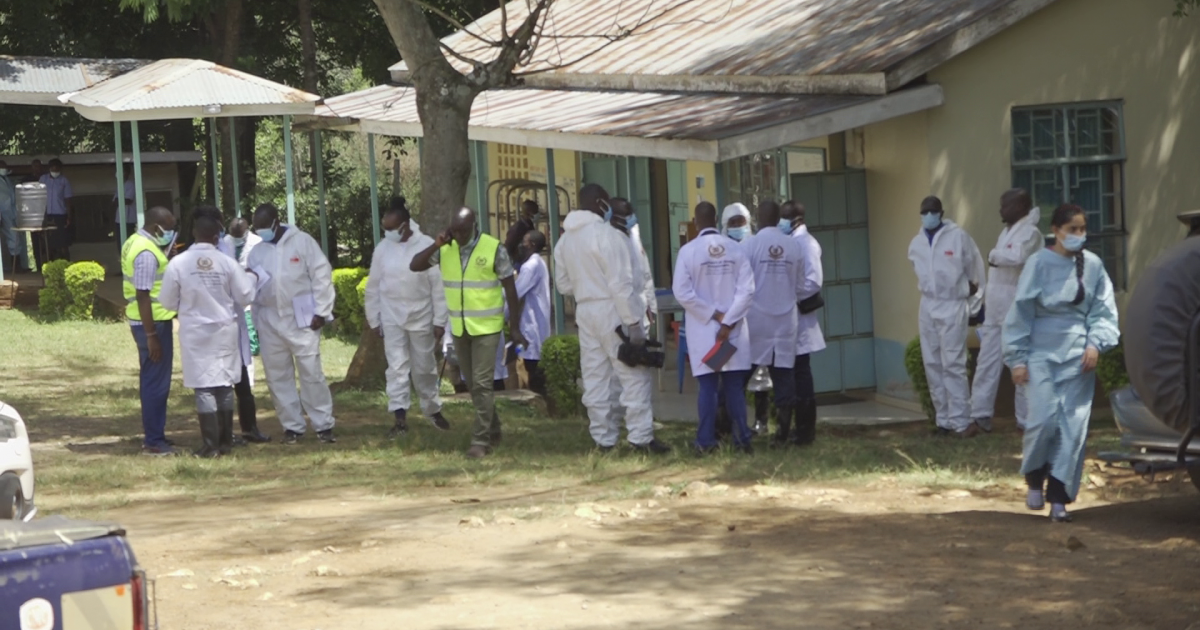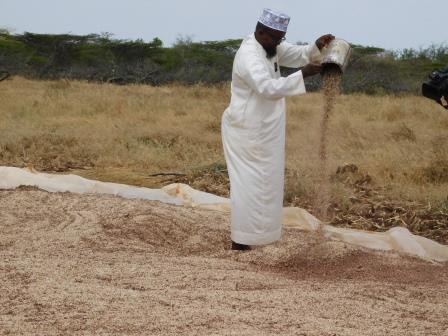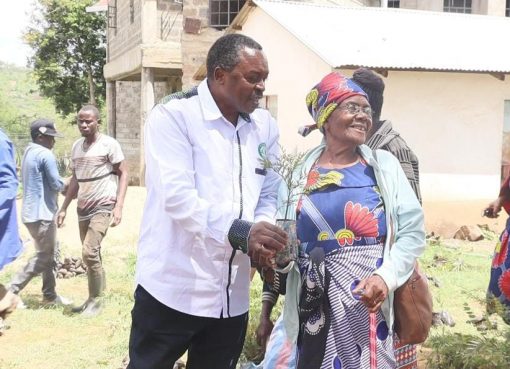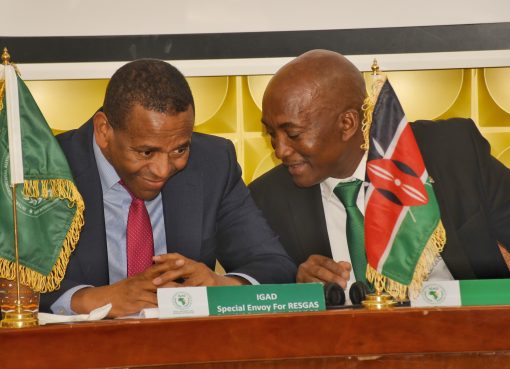Post mortem and collection of DNA samples from the bodies recovered along river Yala and their relatives has commenced, amid calls by human rights defenders on the government to establish a DNA repository for all Kenyans.
Families who had earlier identified bodies of their kinsmen at the Yala Sub County Hospital mortuary breathed a sigh of relief Wednesday, when a special team deployed from the directorate of criminal investigations headquarters finally pitched tent at the facility and began the preliminary processes.

Speaking to journalists outside the morgue, Naomi Cheptoo, whose brother Philemon Chepkwony’s body is among those retrieved from the river expressed hope that the process would be hastened to enable them move to the next stage.
Cheptoo, who comes from Kericho County, said they have to make daily trips to and from Kericho to pursue ways of getting his late brother’s body.
“We had been informed that the exercise was to be carried out Tuesday and we came over as usual, but the pathologist was nowhere to be seen. We had to go back and travel Wednesday morning to witness the post mortem,” she said.
Mutiso Nzomo who had also identified the body of his late brother, Peter Mutuku at the mortuary was equally relieved that the exercise had finally kicked off, but lamented that the slow pace by the relevant government agencies had taken a heavy toll on the family.
Mutiso said it was expensive for them to travel from Kangundo in Machakos County to Yala every now and then, seeking the release of their brother’s body.
“Kangundo to Yala is over 400 kilometres and it is expensive to travel and put up in hotels. We are appealing to the government hasten the process,” he said, adding that back at home, all activities have stopped as family members try to come to terms with what befell their brother who disappeared mysteriously last year.
Speaking outside the mortuary, human rights activists led by Haki Africa Executive Director, Khalid Hussein called on parliament to come up with law that will establish a DNA repository that will collect details of all Kenyans right from birth.
The human rights activists who included Independent Medico – Legal unit (IMLU) Chief Executive Officer, Stephen Mugacho and Siaya human rights defender, Fredrick Ojiro said such a repository would help shorten the time taken to process DNA results, hence making affected families have an early closure.
“I know this will raise debate amongst Kenyans, but it is important that we have such a databank,” said Hussein, adding that it was high time Kenyans approved a mandatory DNA testing for safe keeping in the repository.
“In cases like the ones we are witnessing here in Yala, the government would just match the DNA of the recovered bodies with the ones in the database,” he added.
IMLU Chief Executive Officer, Stephen Mugacho lamented over the poor condition of public mortuaries and challenged the government to improve them.
Mugacho said that the mortuaries play a crucial role in preserving evidence especially in cases of suspected murder, hence the need to have them in good condition.
“Most of the public hospital mortuaries lack basic facilities and some bodies are decaying because of poor preservation, making the work of pathologists difficult,” he said.
Meanwhile, a section of Yala residents are calling for an assurance from the government that river Yala waters are safe for human consumption.
Led by former Yala township member of the county assembly, Joseph Kawuor, the residents lamented that economic activities along the banks of the river have stopped following the perennial dumping of unknown bodies along the river that traverses the counties of Nandi, Kakamega and Siaya.
“This river is the lifeline of thousands of people not only in Yala Township, but other areas in Alego – Usonga and Bondo which it traverses before emptying in Lake Victoria,” said Kawuor, who lamented that the Ndanu falls water intake also serves Siaya and Bondo towns with the vital commodity.
By Philip Onyango





